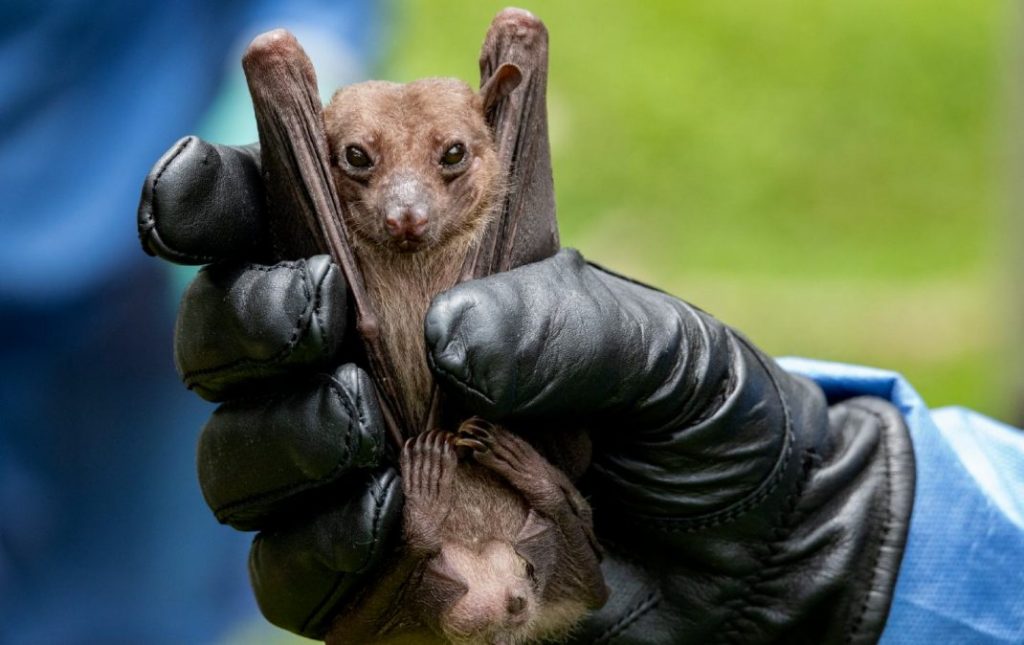COVID-19: the Planet turned into an experimental laboratory and human became the testing subjects
(‘Herd immunity’ vs ‘NO immunity’)
The spread of COVID-19 infection turned the world into a human laboratory. I know you don’t want to be part of this experiment but you like to hear about the results of an ongoing experiment around the globe. Maybe it is time to share how scientists in the laboratory perform an experiment.
Generally, it is really not a big deal about knowing something that is not your area of interest. But it is a big deal to develop a system with maximum accuracy in any discipline because people expect to see that the system should work with full potential and accuracy. Therefore, whatever you do or wherever you might belong to there are some inherent steps that are obligatory to maintain.
Because of the nature of COVID-19 transmission, it is highly recommended in each country to either maintain social distancing (voluntarily) or set extraordinary restrictions on free movement or any sort of assembly. This is our experiment and we all are part of it. But if you go deeper and deeper how an experiment is designed and finally performed in the laboratory is not just like that. The experiments require many fundamental basics to meet before you perform it.
Otherwise, it could easily give you a result that cannot be useful or sometimes very detrimental. Depending on the nature of a laboratory experiment one should carefully plan the experiment. For instance, imagine you would like to test a vaccine in mice, the first thing is that these experimental mice need to be housed in a clean environment, with good health, access to food and water and so on. Those are the basics needs before mice receive a vaccine injection.
After vaccination, the mice immune systems will react and develop immunity which does need certain time. To confirm if the vaccine is working or not, there are some laboratory testing needed to perform before you announce the results. Unfortunately, either due to lack of knowledge or due to many shortcomings, our planet experiment design was pretty sloppy.
There is a number of reasons for that:
1. It is a large scale experiment and no history was available previously
2. Experts never thought we were undergoing an experiment but indeed we are now..
3. No significant knowledge about the speed of transmission of COVID-19
4. No prediction about who will get infected and who will be vulnerable and who will be recovered
5. Lack of prediction on whether to use a mask or not but declared using a mask, in general, is harmful
6. Of course no medication available
All of these above are significant limitations that drove the world into ‘Quarantine’ mode. Few countries showed that extreme social distancing and complete lockdown potentially reduces the cases and spread to the community. For example, South Korea, China was very successful. Because they performed their experiment by maintaining the standard.
Other countries, impose FAKE social distancing and finally lockdown but unfortunately, it was late to limit the spread of the infection. Like, USA, Italy, Spain didn’t follow the basic standard of an experiment and it turned out to generate results that are BAD RESULTS. Interestingly, one lesson from ‘BAD data’ is that you can think of sorting the flaws out and do the experiment in a proper way. Some countries still have that opportunity to take the findings seriously to perform their own experiment.
One country on the planet, Sweden is doing a completely different experiment, which is following social distancing only at a very minimal level. It is not that Sweden is not hit by the virus but the cases are relatively low when you compare with other EU countries like Germany, Spain, Italy. Interestingly, Swedes believe in ‘Herd Immunity’.
What is ‘Herd Immunity”
Herd immunity is something that let people develop immunity against infection or foreign pathogens by natural exposure. So, instead of saying people ‘STAY HOME’ they give the freedom of choice to the people to do normal business, daily work so that enough people become immune against COVID-19. This experiment is not bad but again, this didn’t follow the standard criteria of performing an experiment.
For example, This hypothesis is too early to test in the community because there is not much knowledge about this virus in terms of nature of transmission (already found in the stool), colonization and viral load, fitness in the environment, interaction in the upper or lower respiratory tract, and most importantly, when and what type of immune responses would be protective and available in the human body and what group (age) of people will generate this protective immune response are still not available.
Sweden is a big country relative to the total number of population. They do have already unwanted social distancing in the society in place to some extent which is comparable to what we in other countries are practicing now. We should not compare Apple to Orange, but it is time to think cautiously.
Even under lots of privileges, Sweden is not up to the mark of Diagnosis of COVID-19 cases and people with symptoms strictly advised to ‘STAY HOME’. This is not the time to test a hypothesis in the general population by taking risk of elderly people’s life and letting younger to generate Herd Immunity. Lots of scientific evidence are desperately needed to go that direction.
Dr. Jubayer Rahman (PhD in Infectious Immunology), Maryland, USA

